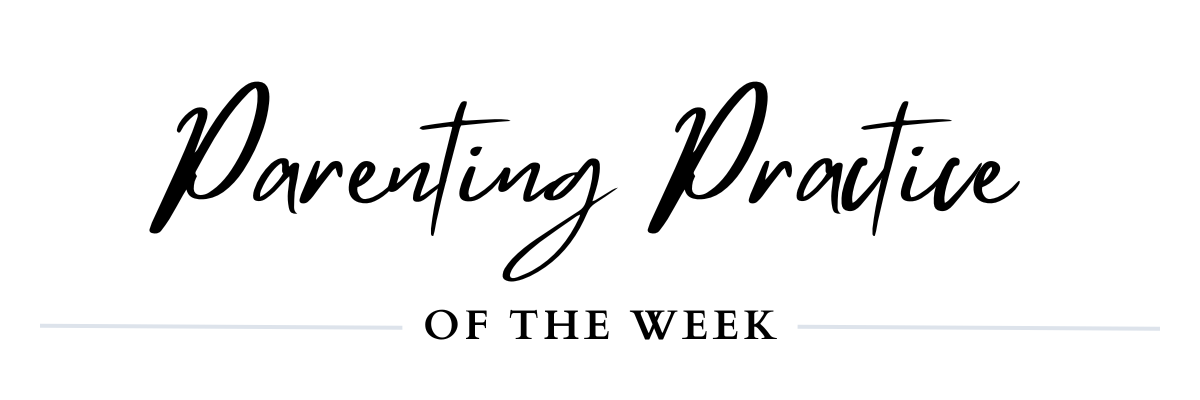Bringing More Presence into Parenting

“Marshmallow.”
My kids hate, hate (did I mention HATE) it when they are trying to talk to me, and I look at my phone. Years ago, they came up with a way to pull me back from my addiction to distraction.
They’d say, “Mom…. marshmallow.”
We had an agreement that it was an invitation to either check back in or communicate my need to check out (because, as a self-employed, single mama… sometimes the phone-ing was necessary).
We live in an incredibly distracting world. From the pings and the dings to the weight of so many competing priorities, it’s no wonder our collective nervous system is on high alert.
Life can be pretty uncomfortable, and so we reach for our phone to numb the noise… leading to more distraction.
Working with our kids to create solutions and agreements about how to work together to meet everyone’s needs through communication is the crux of our work here at Jai.
And the kids? They are pretty brilliant at coming up with creative and innovative solutions!


Practice Presence in Peaceful Moments
Attention to the present moment is a muscle that needs to be strengthened.
As you practice and strengthen, you can expect to access more presence in triggered moments. This will create more space between what triggers you and your response, so you can access the underlying factors and respond with your intentionality from your values and dedications.
You can begin to practice your presence by focusing your attention. Try practicing this in times of peace.
Here are two practices you can try:
Orienting
To orient yourself, slowly scan the physical space you are in. Take in every detail about the space, even if it’s familiar. Notice things about the space you have never seen - marks on the wall, books in the bookcase, birds in the trees. See if you can turn your full attention to this space and the details. When you notice thoughts trying to pull you out or distract you, gently bring your attention back to the moment.
Feel Contact
Take a seat in a chair with your feet planted on the floor. It helps if you are barefoot, but you don’t have to be. Practice turning your attention towards the sensations of where your body makes contact with the chair and where your feet make contact with the floor. Choose one of these or switch back and forth. How much focus and attention can you place on that singular sensation? Notice how you are held by the chair and by the ground. Notice the support. Breathe. When distractions arise, gently keep turning your attention back to the sensations.
The more you practice presence, the more easily you will be able to access presence in hard moments. The more control we have over our attention, the more we can be in the co-creation of every moment.
Share This Article:
Curious for more?














